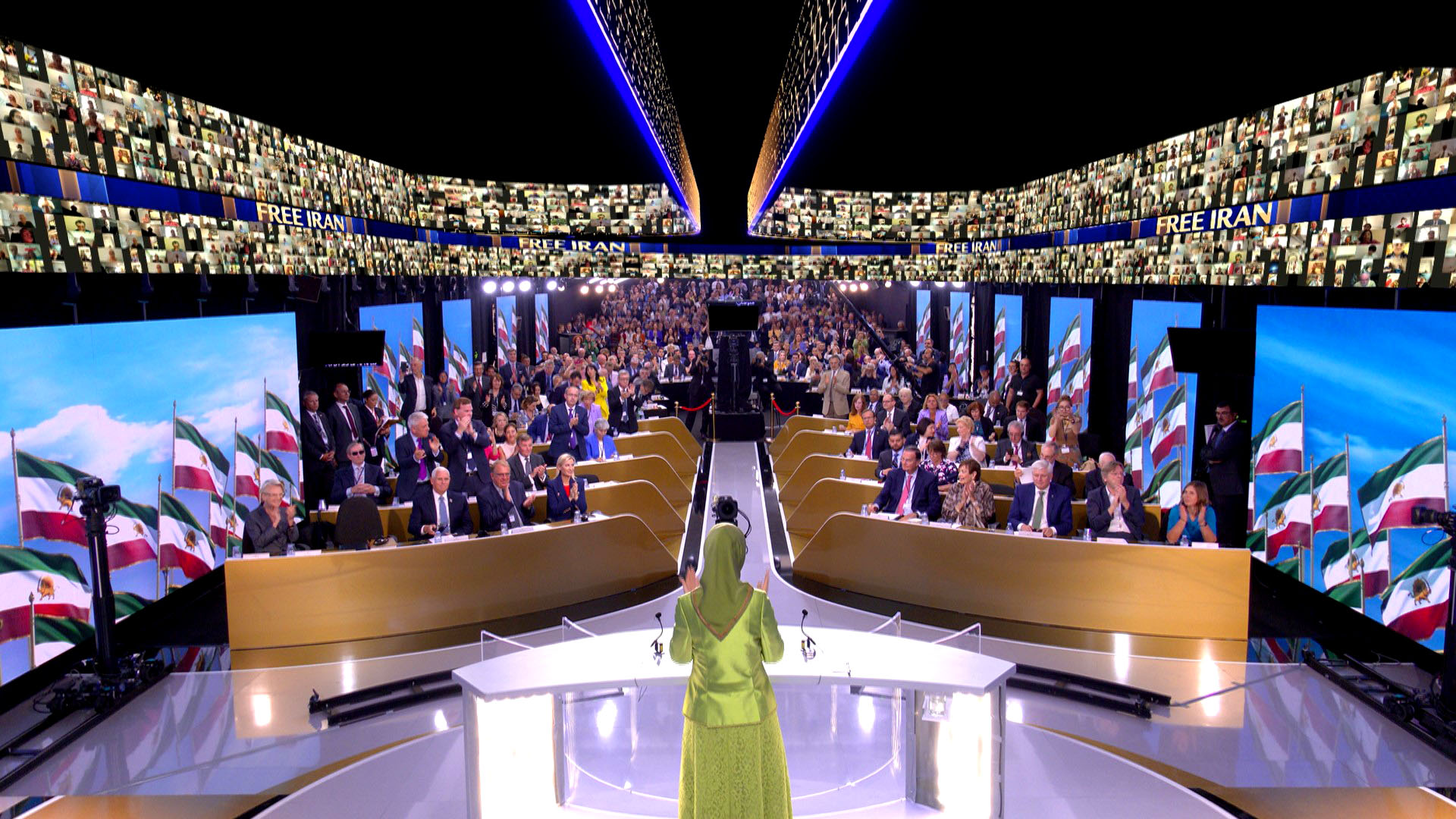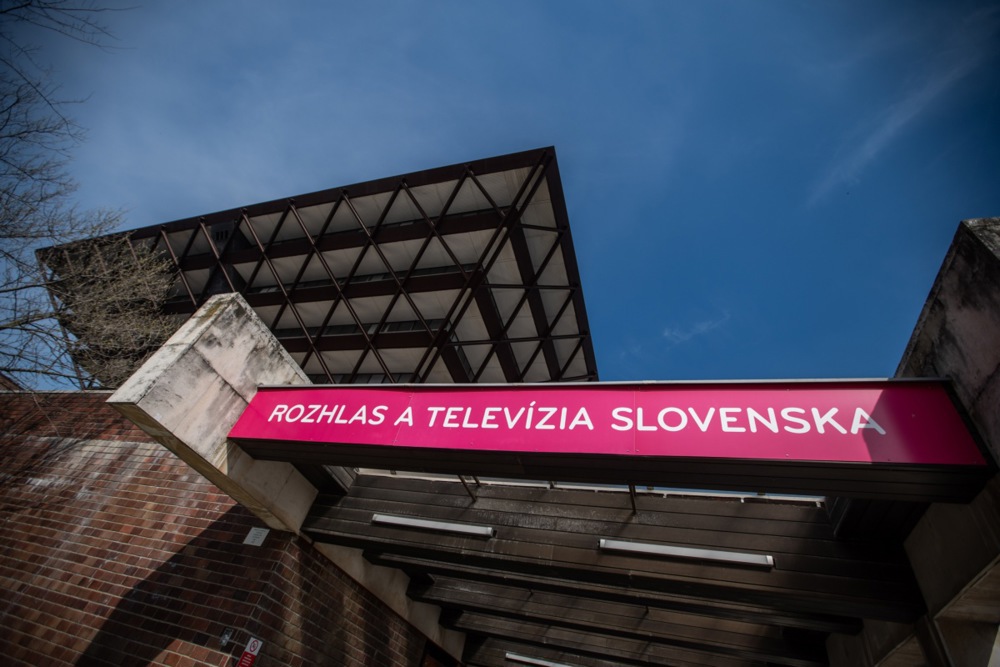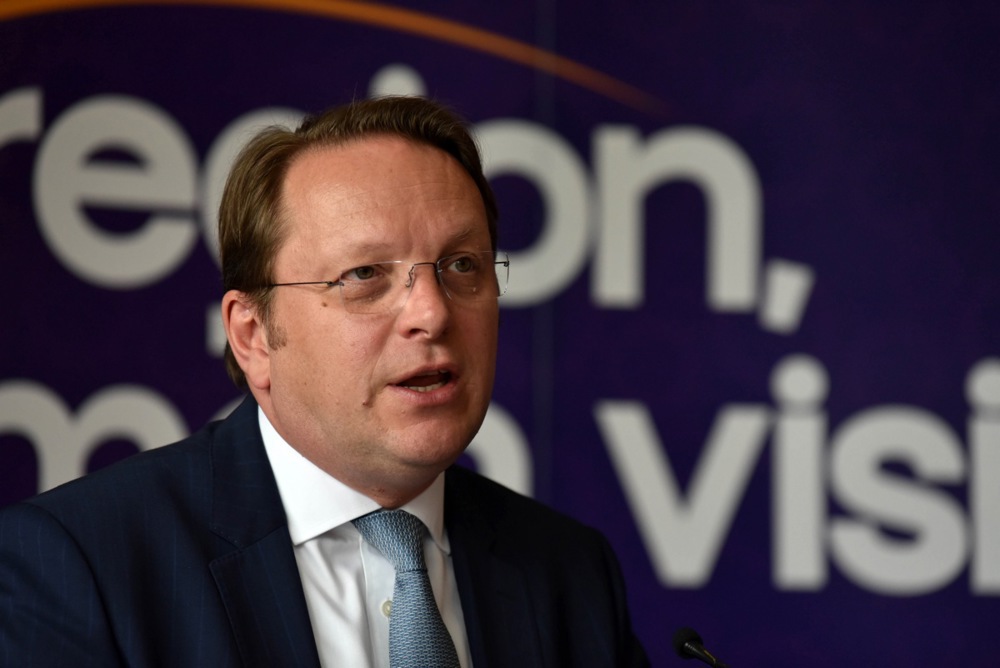Only hours before the crucial election in Moldova on October 20, the opposition sent a “desperate plea” to the United Nations, the European Union and the Organisation for Security and Co-operation in Europe (OSCE) accusing President Sandu of “serious abuses and violations” of fundamental rights, according to a letter seen exclusively by Brussels Signal.
Among those who signed the letter are members of parties and groups such as “Victory” and “Chance” who condemn the “political persecution” to which they say they are subjected by the Moldovan government. The government, they say, wants to “wipe out” the opposition in the country.
This accusation was issued on October 19, one day before the referendum on both Moldova’s EU membership and presidential election.
Some of these personalities, such as Marina Tauber of ‘Victory’ (Victorie Blocul Politic), have been investigated for their links to the Kremlin, as well as being targeted for sanctions by Canada and the EU in May 2023 because of their Russian connections.

“The current political power led by the incumbent president Maia Sandu […] has established an unimaginable dictatorship in all areas of social, economic and political life”, the letter states.
The complainants claim that the attacks are based on “false and lying theses of so-called propaganda from the East” although several of the opposition members and parties have been investigated for pro-Russian connections.
The Western-backed PM Sandu government declared the left-wing Shor party unconstitutional in 2023, a fact that is “on the agenda of the European Court”.
The opposition also denounces the shutdown of 14 TV stations, “hundreds of internet pages, FB, Telegram, etc.” in 2022, also for political reasons.
The letter also highlights the double censorship of the Chance political party in 2023 and September 2024 prior to elections.
With 50.46 per cent of the votes in favour of a constitutional amendment in favour of joining the EU, the referendum showed a very close result against 49.54 per cent against. President Maia Sandu denounced ‘external interference’, pointing to Russia as responsible for electoral manipulation.
The Moldovan authorities accused Moscow of buying 300,000 votes and promoting disinformation campaigns through tycoon Ilan Shor, a millionaire founder of the political bloc “Victory” on April 2024. He is currently a refugee in Russia.

The referendum result weakens Sandu’s position ahead of the second round of the presidential election, where he won 42 per cent of the vote compared to 26 per cent for his main rival, Alexander Stoianoglo, from the Party of Socialists.
He has promised a balanced foreign policy. Meanwhile the Kremlin questions the legitimacy of the elections. The vote in favour of EU integration was largely driven by the Moldovan diaspora.
Moldova has oscillated between pro-Russian and pro-Western positions since the break-up of the USSR, of which Moldova was one of 15 republics. During Sandu’s tenure, relations with Russia have deteriorated, especially after Moldova’s condemnation of the invasion of Ukraine and diversification of the country’s energy supply.
Despite the ‘yes’ vote in the referendum, the narrow margin reflects a strong internal division.
Moldova, a former Soviet Union country sandwiched between Ukraine and Romania, is set for significant elections on October 20 when voters must choose between partnering with the European Union or with Russia. https://t.co/SBMMwkqzBV
— Brussels Signal (@brusselssignal) October 18, 2024





